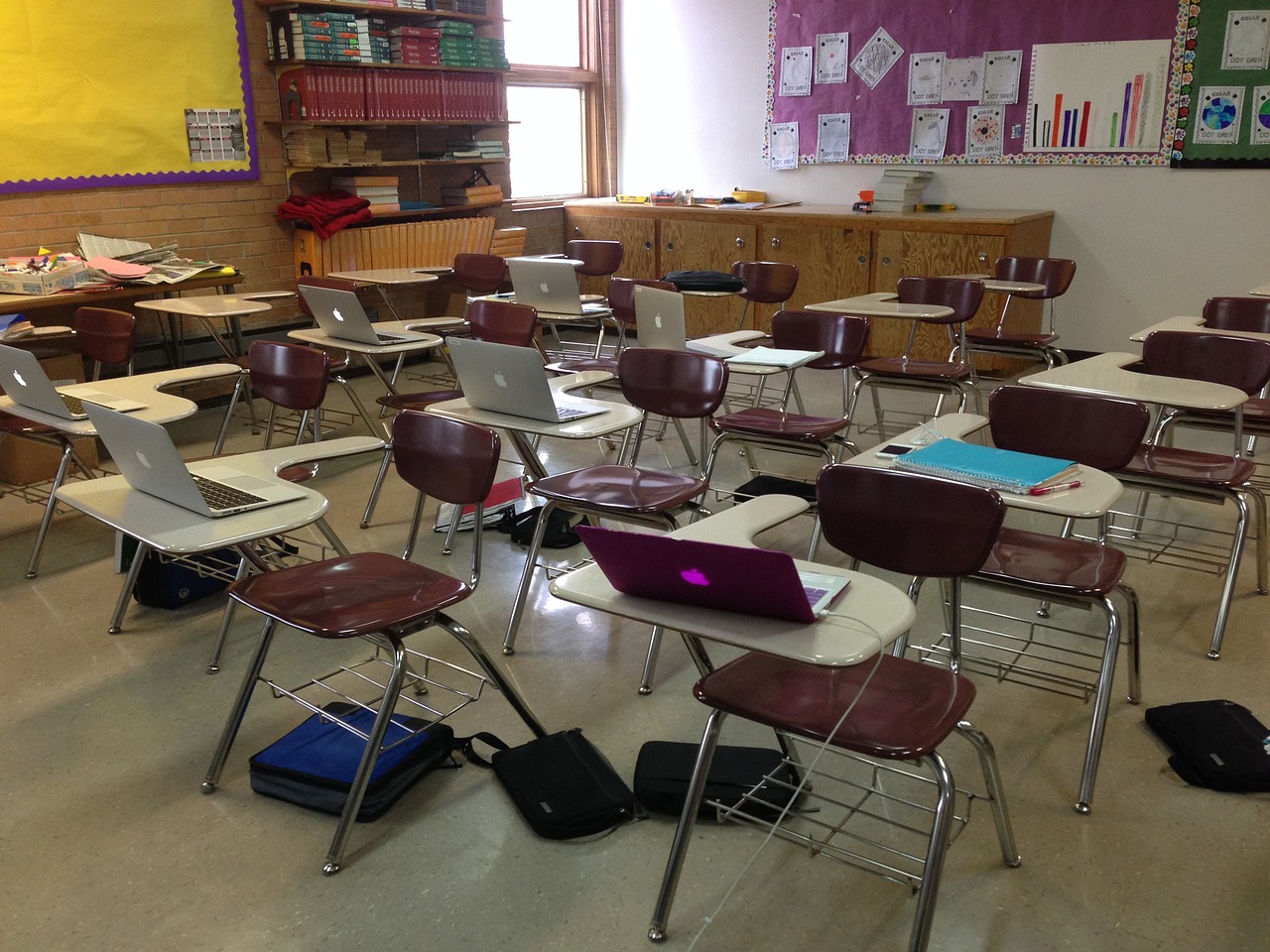Nancy Bailey's Education Website: “Back to Basics” Again! What Does it Mean for Students and Teachers?
Many of our elected officials have virtually handed the keys to our schools over to corporate interests. Presidential commissions on education are commonly chaired by the executives of large companies.
~Alfie Kohn, The Schools Our Children Deserve: Moving Beyond Traditional Classrooms and “Tougher Standards” (p. 15, 1999)
Back to Basics is back! Those famous words from the past have returned, even after all the corporate school reforms. So, what do education reformers mean when they refer to Back to Basics in 2024? What will this mean for students who usually like consistency?
New York Governor Kathy Hochul wants students to go Back to Basics! Republican presidential candidate and former South Carolina governor Nikki Haley wants students to return to the basics. Her basics sound different from Hochul’s Back to Basics, although she says, This is not a Republican or Democrat issue. Every parent, regardless of their education, regardless of where they’re from, knows what’s best for their child.
Education author Alfie Kohn spoke about Back to Basics in 1999 in The Schools Our Children Deserve: Moving Beyond Traditional Classrooms and “Tougher Standards.”
He stated:
Those who sermonize about the need to raise standards often proceed, in the next breath, to call for a return to the “basics.” Indeed, this term holds a certain appeal for most people. But the question isn’t whether we’re for or against the basics; it’s how we define them. If traditionalists mean that a lot more time should be spent on reading, writing, and arithmetic than on other subjects, plenty of people might object to neglecting art, science, social studies, and so on. If, however, they mean that more attention should be paid to the foundations of each subject, then the question becomes: What constitutes the foundations?
Traditionalists often use “the basics” to refer to little more than the mechanics of the “three R’s,” and they assume these are what kids primarily need and lack (p.49).
Back to Basics now appears to be about reading and marketing lots of programs, many online, and most with little to show they’ll work. Some are new, but others have been in classrooms for years and have evaded scrutiny during the so-called Science of Reading movement.
Or will the new Back to Basics movement be different? Here’s an idea. Why not end the condemnation of America’s democratic public schools, kick A Nation at Risk out the door, and do what makes schools thrive?
Let there be:
- no more high-stakes standardized assessments.
- a return to developmental appropriateness for kindergarten and beyond.
- an end to Common Core State Standards.
- support for smaller class sizes.
- more accountability for charter and private schools.
- an end to the misuse of tax dollars for Education Savings Accounts to buy frivolous items.
- a reduction of the nonprofits with faux educators.
- better and more affordable childcare for working parents.
- an insistence that all teachers obtain quality university preparation and student teaching.
- an end to hunger for children by helping fund school breakfasts and lunches.
- quality healthcare for all children.
- less online instruction and better data privacy controls.
- better instructional options for students with disabilities.
- nurses and counselors and quality support staff.
- well-resourced school libraries and qualified school librarians.
- a return of the arts, providing students with art, music, drama, and dance.
- more social studies, history, civics, and classes besides reading and math.
- no more punishing third-grade retention.
- an end to the ridiculousness of grading schools.
- several recess breaks each day, so children have unstructured play.
- less corporate and non-profit interference focusing on profits.
- a requirement that teachers gain control of what they teach.
- a demand for school administrators to have longtime experience teaching.
How many years will it take to have a new Back to Basics and by then will technology have replaced all teachers? Is this the real plan?
References
Kohn, A. (1999). The schools our children deserve : moving beyond traditional classrooms and “tougher standards.” Houghton Mifflin Co.
This blog post has been shared by permission from the author.
Readers wishing to comment on the content are encouraged to do so via the link to the original post.
Find the original post here:
The views expressed by the blogger are not necessarily those of NEPC.

